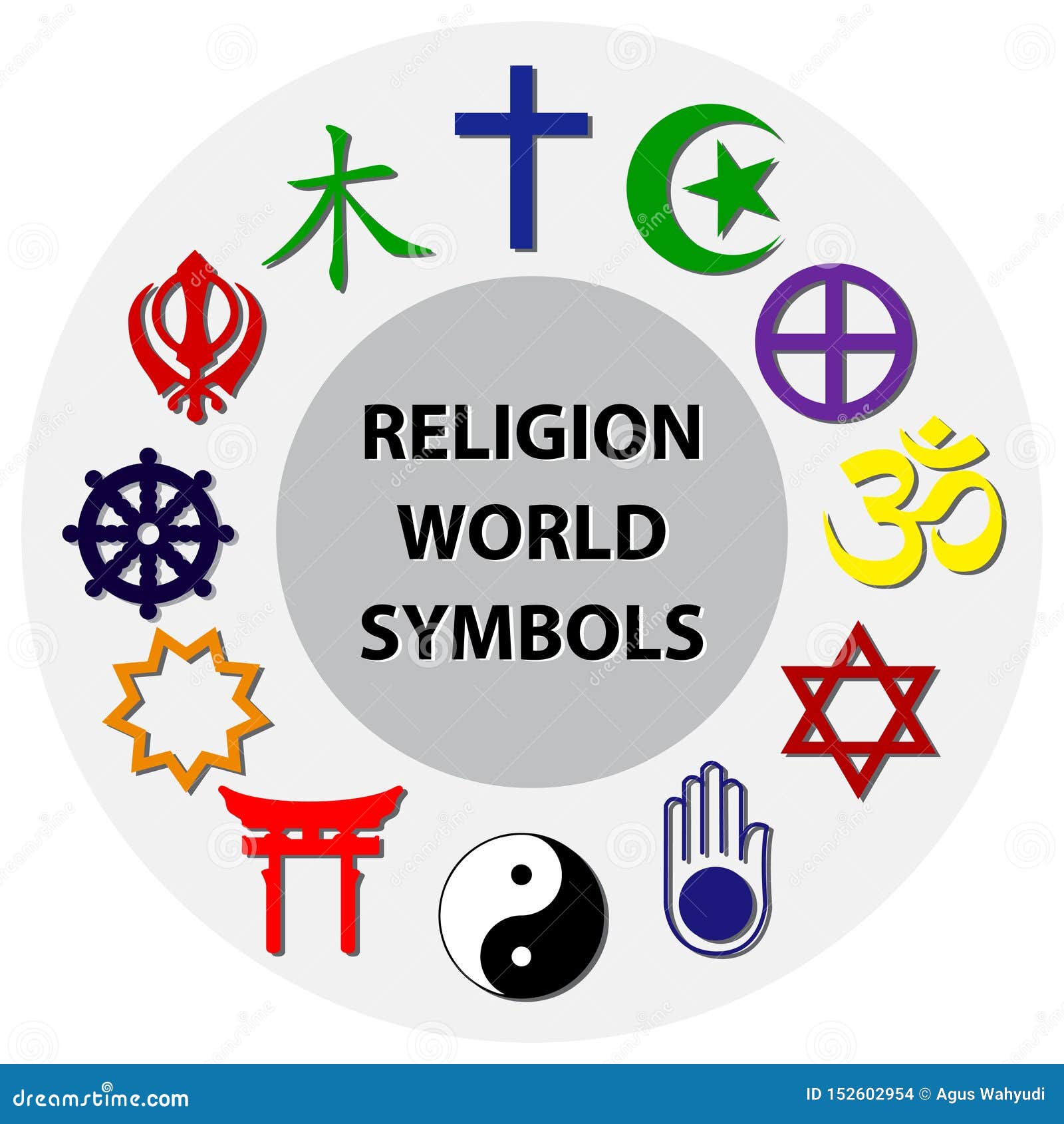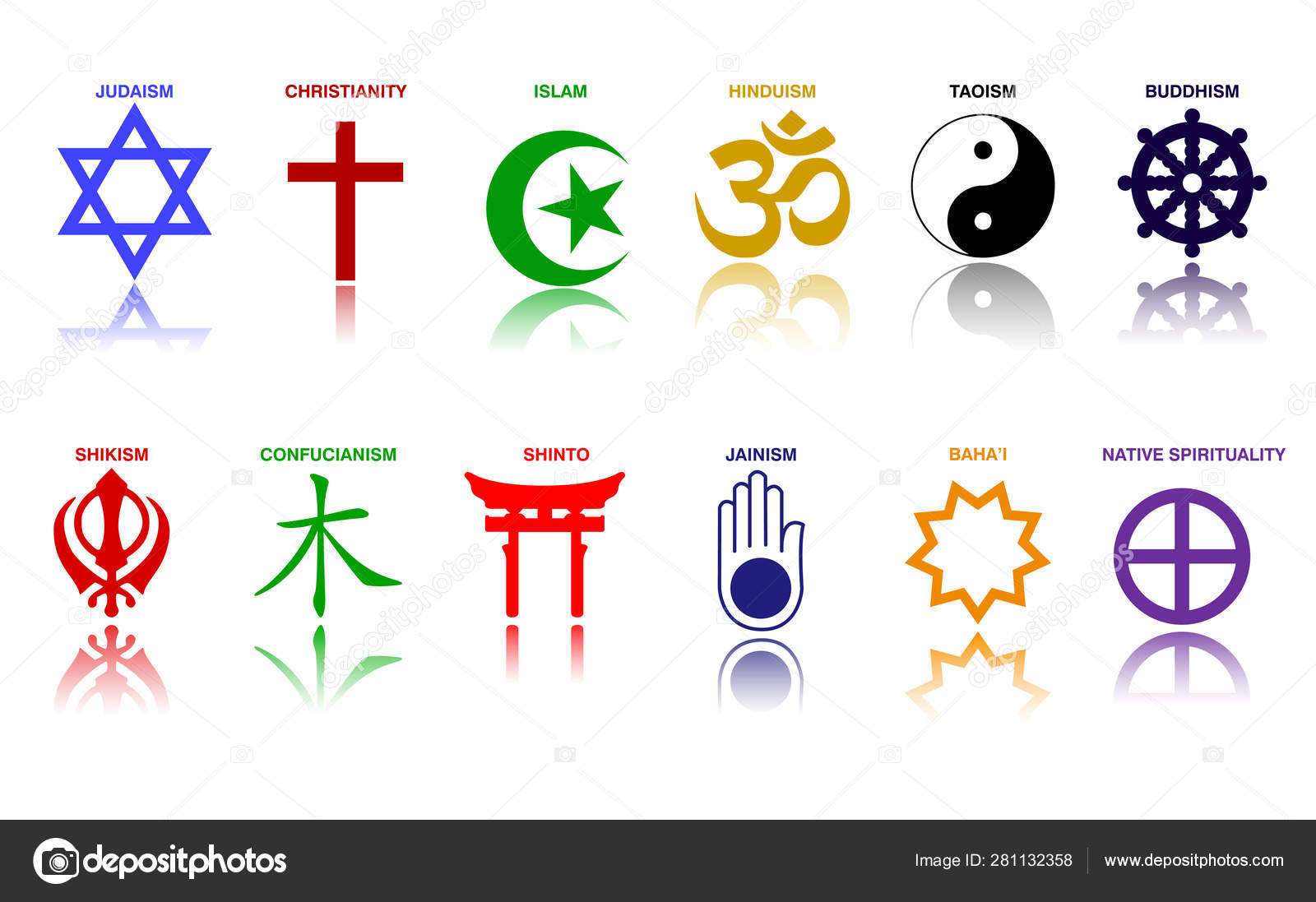What Religion Is Melania Trump? Exploring Public Interest And Faith
Many people find themselves curious about the personal beliefs of public figures, and Melania Trump, as a former First Lady, is certainly no exception. There's a natural human inclination, you know, to understand the people who have played significant roles on the world stage, and that often includes their spiritual path. This curiosity, in a way, often leads to questions like, "what religion is Melania Trump?" It’s a very common query, really, reflecting a broader interest in the diverse tapestry of faith that exists within public life.
This kind of interest, perhaps, stems from how religion can shape a person's outlook, their values, and even their approach to public service. For many, understanding a public figure's faith might offer a deeper insight into their character or motivations. It's almost as if people are trying to connect with these individuals on a more personal level, trying to find common ground or simply satisfy a genuine desire for information.
So, when we look into "what religion is Melania Trump," we're really exploring more than just a simple label. We're touching upon the public's engagement with the personal lives of those in the spotlight, and how such details, sometimes, become part of the larger public conversation. It’s a fascinating aspect of modern public discourse, actually, this quiet inquiry into private beliefs.
Table of Contents
- Melania Trump: A Brief Personal Look
- The Public's Interest in Faith
- Understanding Religious Affiliation in Surveys
- Exploring the Question of Melania Trump's Faith
- FAQ About Public Figures and Religion
- A Final Thought on Public Curiosity
Melania Trump: A Brief Personal Look
Before exploring the topic of her religious background, it's helpful to consider some general information about Melania Trump herself. Her journey to becoming the First Lady of the United States is quite a story, really, marking a significant chapter in recent American history. Born in Novo Mesto, Yugoslavia (now Slovenia), she later became a naturalized U.S. citizen, truly embracing her new home.
She had a career in modeling before her marriage to Donald Trump. Her time as First Lady involved various initiatives, often focusing on child well-being and combating cyberbullying. This public role, in a way, brought her personal life, including aspects like her background and beliefs, into greater focus for many people.
Personal Details and Bio Data of Melania Trump
| Full Name | Melania Trump |
| Birthplace | Novo Mesto, Socialist Republic of Slovenia, Yugoslavia |
| Former Occupation | Fashion Model |
| Role | Former First Lady of the United States |
| Citizenship | U.S. Citizen (naturalized) |
The Public's Interest in Faith
It's interesting, isn't it, how much the public wants to know about the religious leanings of prominent individuals? This desire to understand "what religion is Melania Trump" is actually part of a larger pattern. People are often quite interested in the religious beliefs and practices of the American public generally, as revealed by extensive surveys. These surveys explore the shifts taking place in the U.S. religious landscape, showing just how dynamic faith can be in people's lives.
For instance, researchers at the Pew Research Center, who have done a lot of work in this area, regularly gather information on religious affiliation. They look at things like the importance of religion in people’s lives and their specific beliefs. This kind of detailed information, you know, helps paint a picture of the diverse spiritual paths that individuals, including those in public life, might follow.
There's also a tendency, it seems, for people to view adherents of a religion more favorably if they are more knowledgeable about that religion, even if they aren't members themselves. This suggests that public interest in a figure's faith might also stem from a desire for greater understanding and, perhaps, even connection. It’s a very human impulse, to be honest, to seek out commonalities or to simply learn more about someone.
Understanding Religious Affiliation in Surveys
When we talk about religion in the context of public figures or the general population, it’s often through the lens of large-scale surveys. The Pew Research Center, for example, is quite well-known for its work in this area. James Bell, who was the primary researcher for projects like “the world’s muslims, Religion, politics and society,” directed international survey research for the center, illustrating the depth of this kind of study.
These surveys aim to capture the religious affiliation of the American public, detailing the various traditions that exist. You see a mix of faiths like Catholic, Baptist, Protestant (sometimes unspecified), Episcopalian, Unitarian Universalist, and Jewish, among others, when looking at these kinds of broad data sets. It’s a pretty wide spectrum, really, reflecting the diverse spiritual landscape of the country.
The information gathered, for example, in the latest release of the landscape survey, includes a wealth of data on the religious beliefs and practices of the American public. This includes how important religion is in people’s lives and their specific beliefs. It’s quite a thorough effort, to be fair, to get a clear picture of faith in the United States.
How Surveys Capture Religious Data
Measuring religion in surveys isn't always straightforward. Different "modes" of data collection can affect the results, so analysis often compares these different approaches. This careful methodology is important for ensuring the information collected is as accurate as possible. It’s a bit like trying to get a clear photograph; you need the right lens and lighting.
For instance, figures for Congress, based on Pew Research Center analysis of data collected by CQ Roll Call, reflect how members of Congress identify their faith. This shows that religious affiliation is tracked even among political leaders. It's almost as if it's a piece of public record, in some respects, for elected officials.
These surveys also consider things like education levels in relation to religious observance. Interestingly, highly educated individuals are generally at least as observant as those with less education. There's a tendency for Christian college graduates, for example, to exhibit continued engagement with their faith. This suggests that education doesn't necessarily diminish religious practice, which is a rather interesting finding.
The American Religious Landscape
The American religious landscape is incredibly varied, encompassing a wide array of traditions and denominations. From the various Christian traditions, including Catholic and Protestant groups, to Jewish faiths and others like Unitarian Universalist, the diversity is quite striking. This rich mix is often highlighted in surveys that detail the religious affiliation of the American public.
The latest release of the landscape survey, for instance, provides extensive information on the beliefs and practices across the country. It explores the importance of religion in people’s lives and their specific beliefs. This kind of data helps us appreciate the broad spectrum of spiritual experiences present in the United States. It's a very detailed snapshot, you know, of what people believe.
Understanding this broader context is quite helpful when considering the religious background of any public figure. It shows that they, too, come from a nation where faith plays many different roles for many different people. You can learn more about religious demographics on our site, which explores these patterns in depth.
Exploring the Question of Melania Trump's Faith
When the question "what religion is Melania Trump" comes up, it’s important to look at publicly available information. While the provided text lists various religious affiliations, it doesn't specifically attribute one to Melania Trump. However, public reports during her time as First Lady have often linked her to the Catholic faith. This is a common point of discussion, actually, when her personal background is mentioned.
Catholicism, as seen in the repeated mentions in the survey data, is a significant part of the American religious landscape. Many public figures, like countless other Americans, identify with this tradition. The presence of Catholicism and other faiths like Baptist, Protestant, Episcopalian, Unitarian Universalist, and Jewish, as noted in various surveys, truly highlights the diverse religious backgrounds that shape individuals in the United States.
It's worth noting that while public interest in a figure's faith is natural, personal religious beliefs are ultimately a private matter. However, for those in the public eye, such details often become part of the general discourse. This is perhaps why people search for answers to questions like this, trying to understand more about the person behind the public role. You can also find more information on faith in public life by visiting this page.
FAQ About Public Figures and Religion
Here are some common questions people often ask about the religious affiliations of public figures:
Is it common for public figures to share their religious beliefs?
It varies quite a bit, actually. Some public figures are very open about their faith, often speaking about its importance in their lives and how it guides them. Others prefer to keep their religious beliefs more private, considering them a personal matter. There isn't a single rule, you know, for how much they share.
Why do people care about a public figure's religion?
People's interest in a public figure's religion often stems from a desire to understand their values, moral compass, and how these might influence their decisions. For many, faith is a core part of identity, so knowing a public figure's religion can feel like gaining a deeper insight into who they are. It’s a very natural curiosity, in some respects.
How do we typically learn about a public figure's religious affiliation?
Often, information about a public figure's religious affiliation comes from public statements they or their representatives make, or from news reports that cite close sources. Sometimes, it's inferred from their attendance at religious services or their involvement with faith-based organizations. It's not always explicitly stated, but rather, information that comes out over time.
A Final Thought on Public Curiosity
The inquiry into "what religion is Melania Trump" truly highlights a broader fascination with the personal lives of those who hold prominent positions. This curiosity, in a way, speaks to our desire to connect with and understand the individuals who shape our world. While specific details about personal faith can be private, the public's interest in such matters remains a consistent part of how we engage with public figures. It's a rather enduring aspect of public discourse, really, this interest in the inner lives of others.

Introduction to World Religions & Belief Systems CG

World Religion Symbols Colored Signs of Major Religious Groups and

World religion symbols colored signs of major religious groups and